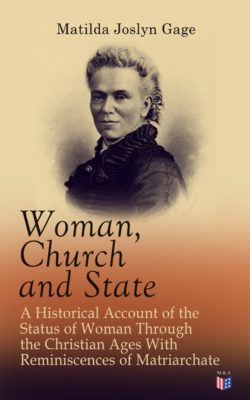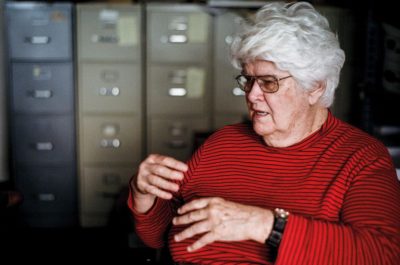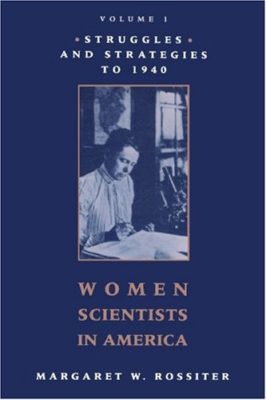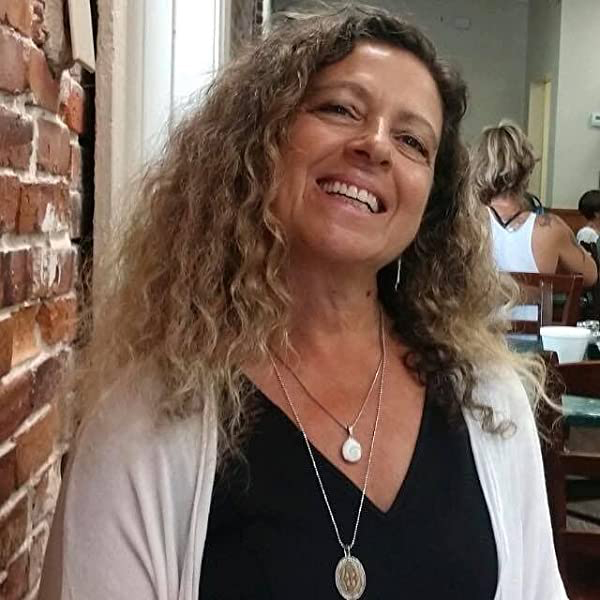part 1 appeared yesterday
Leila Brammer in her book Excluded from Suffrage History: Matilda Joslyn Gage, Nineteenth-Century American Feminist, explains the long-term impact of the dismissal of Gage:
“The loss of Matlida Joslyn Gage from the history of the woman suffrage movement and her ideas from the intellectual history of feminism speaks to the influence of exclusionary processes in social movements as well as their unfortunate consequences…we must remember that Joslyn Gage was intricately involved in the movement, wrote in newspapers and magazines, and published a book, but all these activities and her significant feminist thought had to be re-created and rediscovered nearly a century later”(120).

At the time, this split triggered Gage to pen her most powerful book, Woman, Church and State in 1893, a well-researched history of the status of women in religion. Along with this powerful book and an essay she had written ten years earlier, Woman as an Inventor, Gage was a strong contender in Rossiter’s search to name the unjust phenomenon that she, as a female historian of science, would not ignore in the early 1990s .
Gage begins her 1883 article, Woman as an Inventor:
“No assertion in reference to woman is more common than that she possesses no inventive or mechanical genius, even the United States Census failing to enumerate her among the inventors of the country. But, while such statements are carelessly or ignorantly made, tradition, history, and experience alike prove her possession of these faculties in the highest degree…Ancient tradition accords to woman the invention of those arts most necessary to comfort, most conducive to wealth, most promotive of civilization” (479).
Gage highlights women inventors throughout history and one still controversial situation she illuminates is Catharine Littlefield Greene who, according to many accounts, was the true inventor of the cotton-gin, with Eli Whitney’s help.
“Mrs. Greene conceived the idea of such a machine, and intrusted its construction to the hands of Eli Whitney, then boarding with her, who possessed the usual New England facility in the use of tools…[Greene]then a widow, did not take out the patent in her own name; but to have done so would have exposed her to ridicule and contumely of her friends and a loss of position in society, which frowned upon any attempt at outside industry for woman”(Woman as 483).
Gage continues, “A very slight investigation proves that patents taken out in some man’s name are, in many instances, due to women”(483), and she emphasizes the impact of this inequity:
“The inventions of a nation are closely connected with the freedom of its people…While, as has been shown, many of the world’s most important inventions are due to woman, the proportion of feminine inventors is much less than that of masculine, which arises from the fact that woman does not possess the same amount of freedom as man. Restricted in education, industrial opportunities, and political power, this is one of many instances where her degradation reacts injuriously upon the race.”(Woman as 488).
She concludes the article on the largest scale: “No less is the darkness of the world kept more dense, and its civilization retarded, by all forms of thought, customs of society, or systems of law which prevent the full development and exercise of woman’s inventive powers”(Woman as 489).

A little over 100 years later, Rossiter confronts this continued unfairness and these same injurious trends. She builds her argument in her article The Matthew Matilda Effect in Science in a similar way as Gage, citing numerous examples throughout time to present day, where women who worked to overcome systemic barriers to discover and invent, often found men credited and celebrated for these achievements.
Rossiter says:
“Yet whatever the hierarchy, if science is to be meritocratic and the history of science to reflect this, similar or equal achievements should receive similar reputations and recognition…But in women’s history this is rarely the case…Not only have those unrecognized in their own time generally remained so, but others that were well-known in their day have since been obliterated from history, either by laziness or inertia, or by historians with definite axes to grind”(327-28).
She continues,
“If one accepts the fact that there is such a systematic undervaluing of women’s’ contributions to science as well as to literature (and history and medicine), and that it is common enough in various forms in the history and sociology of science as to need a name, we should press on to find a suitable one,”(334).
After much consideration, Rossiter chose “Matilda…a nineteenth-century American feminist, suffragist, critic of religion and the Bible, and early sociologist of knowledge, who glimpsed what was happening, perceived the pattern, deplored it, but herself experienced some of the very phenomena described here”(335).
“The American Matilda J. Gage of New York best befits the honour for first articulating (but, alas, also experiencing it herself) what we can call in her memory the ‘Matilda Effect’. Perhaps if we call attention to her and this tendency, which goes back centuries, it will remind and help current and future scholars to write a more equitable and comprehensive history and sociology of science that not only does not leave all the ‘Matildas’ out, but calls attention to still more of them”(337).

Thank you for selecting Matilda Joslyn Gage. It is restorative that she is receiving some of her due and in such an apropos manner. Naming the ‘Matilda Effect’ after her allows her work to continue well over a century after her passing.
Rossiter, who has written four volumes of Women Scientists in America, is receiving some of her due as well:
“Both Margaret Rossiter and Matilda Gage made substantial original contributions to American scholarship that were, for too long, not recognized as significant; and, interestingly, both tried to bring to light the work of other women who suffered the same fate. Their births separated by more than a century, the two nonetheless have almost a symbiotic relationship, with the work of one giving new life to that of the other in a collaboration across time to advance the role of women in the sciences, a fight ongoing in laboratories and the halls of academia”(Dominus).
Matilda Joslyn Gage and Margaret W. Rossiter are #NastyWomenWriters and so much more.
Works Cited
Brammer, Leila R. Excluded from Suffrage History: Matilda Joslyn Gage, Nineteenth-Century American Feminist. Westport, Connecticut: Greenwood Press, 2000.
Dominus, Susan. Women Were Written Out of History. It’s Margaret Rossiter’s Lifelong Mission to Fix That. Smithsonian Magazine, October 2019.
Gage, Carolyn. Carolyn Gage website and blog, 8/26/2012.
Gage, Matilda Joslyn. Woman as an Inventor. The North American Review. Vol 136, No 318 (May, 1883), pp. 478-489.
Matilda Joslyn Gage: Women’s Rights Activist. Women of Courage. St Lawrence County, NY Branch of the American Association of University Women.
Rossiter, Margaret W. The Matthew Matilda Effect in Science. Social Studies of Science. Vol 23, No 2 (May, 1993), pp. 325-341.

BIO: Maria Dintino has worked in higher education for over thirty years. While in graduate school, Maria became enamored with the Transcendentalists, especially Henry David Thoreau. Although introduced to Margaret Fuller then, she did not comprehend her undeniable significance until another encounter many years later. It is now clear to Maria that Fuller is destined to claim her rightful place in American herstory and one of Maria’s goals is to help her do so. Maria’s first work of creative nonfiction, The Light Above: A Memoir with Margaret Fuller has been recently published and she is at work on her second book. Contact Maria at mdintino477@aol.com.
Discover more from Feminism and Religion
Subscribe to get the latest posts sent to your email.

